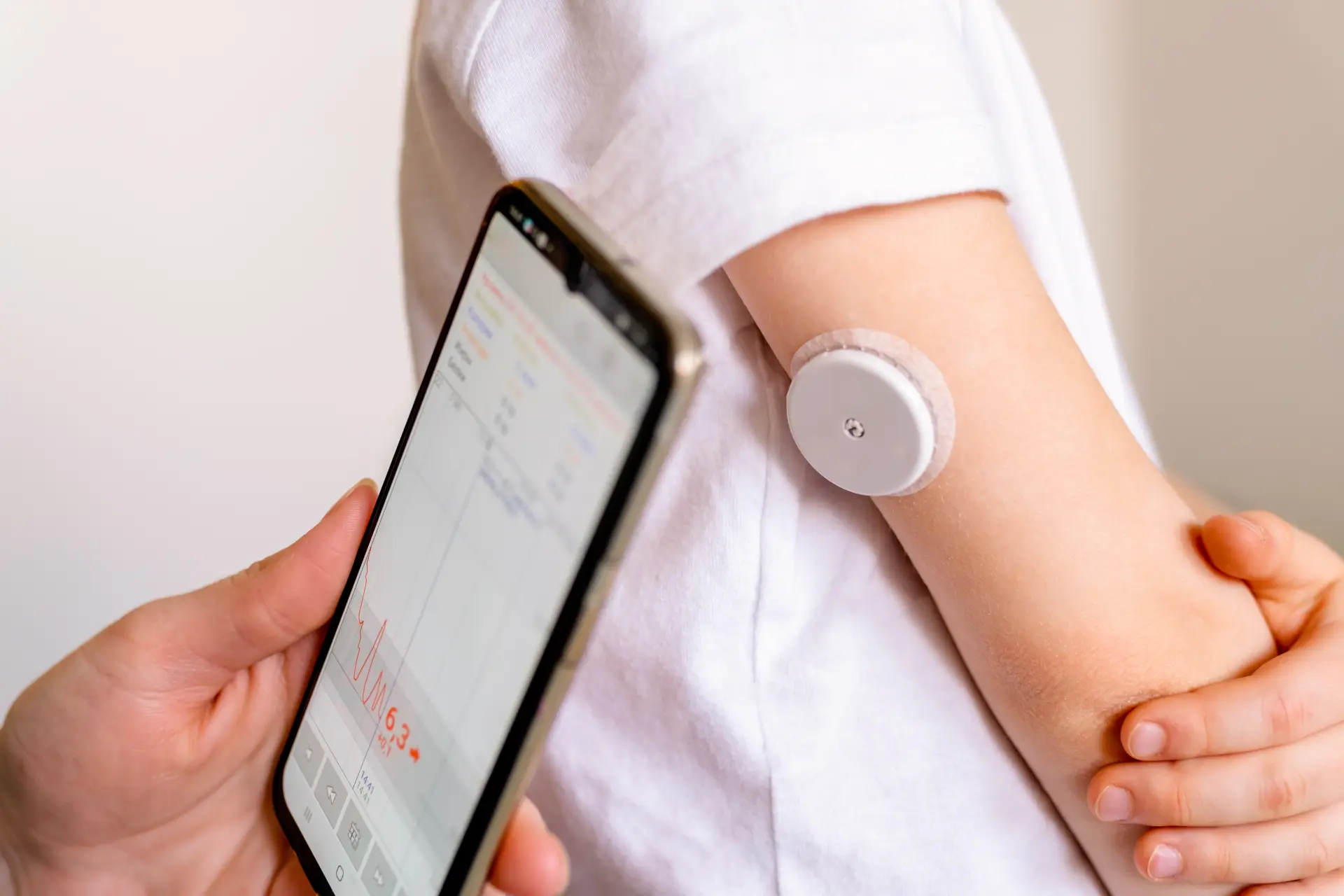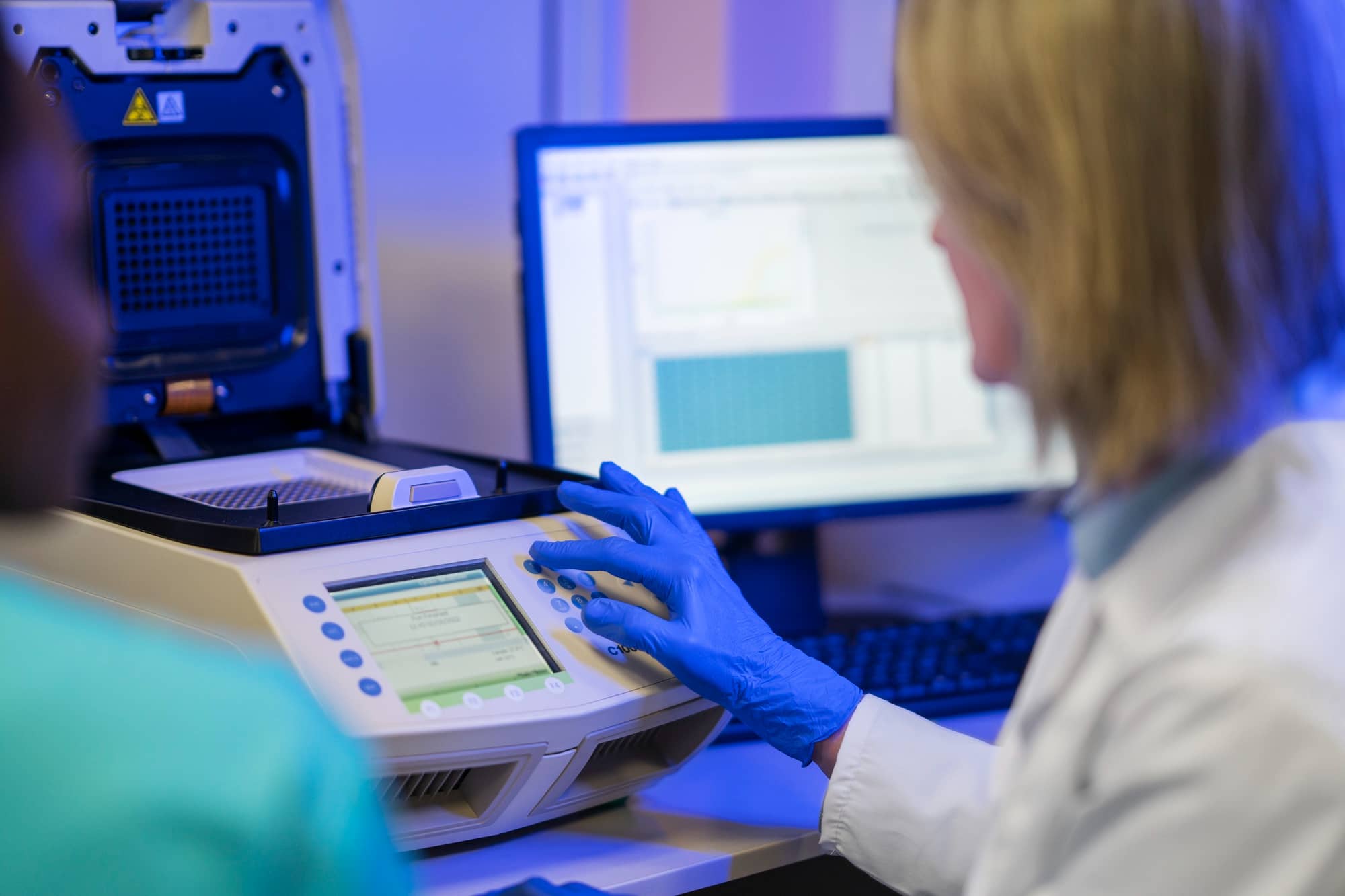Research Approach
Decoding Glucose Patterns for Personalised Nutrition
GLUCOTYPES investigates how individual patterns of glucose regulation relate to diet and long-term metabolic health. The project combines wearable technologies, deep molecular profiling, and advanced computational approaches, culminating in a proof-of-concept dietary intervention trial.

🔄 1. Identifying Glucotypes from Continuous Glucose Monitoring (CGM)
We begin by analysing CGM data collected from over 7,500 individuals without diabetes. These continuous glucose readings are transformed into “glucodensities”—detailed mathematical representations of glucose fluctuations over time. Using functional data analysis and clustering algorithms, we will group individuals into distinct glucose response profiles, or glucotypes. This novel classification captures variation in glucose dynamics beyond traditional metrics like mean or variability. The glucotypes will be validated using independent datasets to ensure robustness across populations.
🍽️ 2. Predicting Food Responses by Glucotype
Next, we will investigate how different glucotypes respond to real-world dietary intake. Using food consumption data and CGM measurements from several observational studies, we will develop machine learning models to predict individual post-meal glucose responses. We will also analyse how specific dietary patterns or nutrients are associated with long-term risk of developing cardiometabolic diseases—such as type 2 diabetes—within each glucotype. This is supported by advanced epidemiological methods, including causal inference tools and longitudinal data analysis.


🧬 3. Glycoprotein Analysis in Blood and Adipose Tissue
To uncover biological mechanisms behind the glucotypes, we will perform high-resolution glycoproteomics profiling on blood and fat tissue samples. Using optimised mass spectrometry workflows, we’ll map glycosylation patterns at the molecular level—capturing how sugar chains are attached to proteins in the body. These glycan structures are key regulators of metabolic health. Changes in glycosylation may provide biomarkers or causal pathways linked to individual glucose patterns and dietary responses.
🧠 4. Computational Integration of Omics and Microbiome Data
The glycoproteomics data will be integrated a broader range of molecular information—including genomics, proteomics, metabolomics, and gut microbiome data. Deep learning models, such as variational autoencoders, will be used to uncover shared patterns across these data layers and simulate biological perturbations. This unified computational framework helps us explore how diet influences glycosylation, how gut microbes may mediate this process, and how it differs between glucotypes—providing deeper insight into the biology of early glycemic alterations.


🧪 5. Proof-of-Concept Clinical Study
To assess real-world application, the project will implement a randomised controlled trial: the GAIN study. Participants with two distinct glucotypes will be randomly assigned to receive either a personalised dietary intervention or standard dietary advice. The study will monitor outcomes through glucose sensors, clinical testing, and multi-omics profiling before and after the intervention. This trial provides critical evidence on whether personalising diets based on glucotypes can improve insulin sensitivity and reduce cardiometabolic risk.